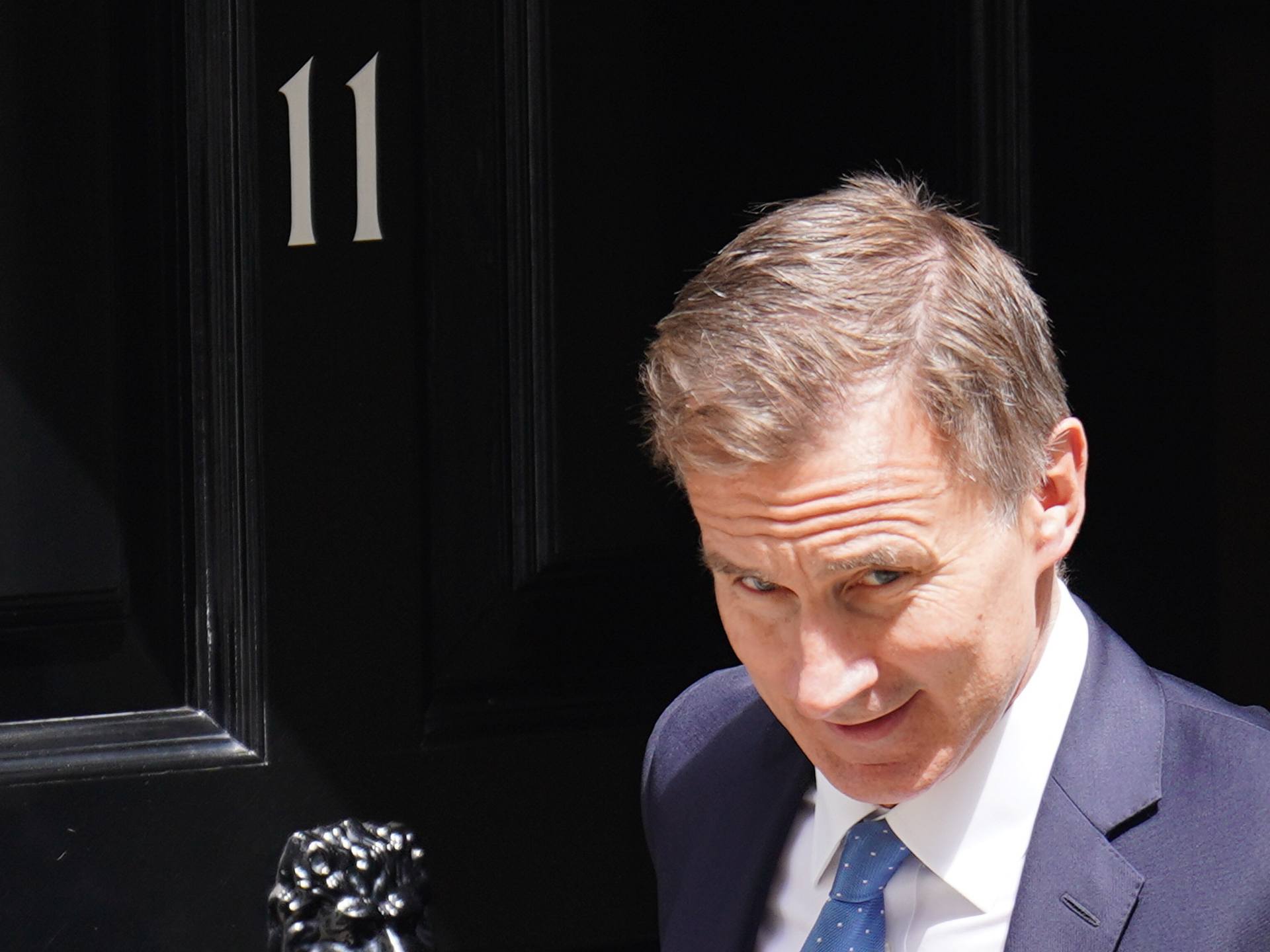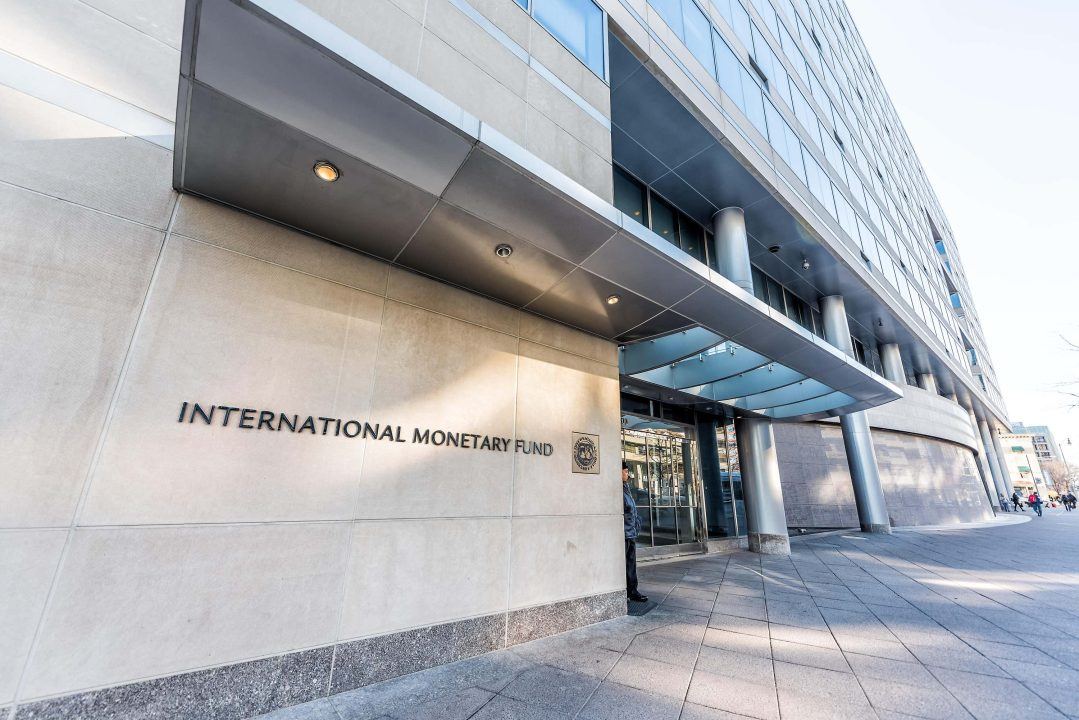The UK is expected to be the second slowest-growing economy in the G7 this year, the International Monetary Fund has said, despite a major upgrade to the country’s prospects.
A new IMF forecast expects the UK’s output to grow by 0.4% during 2023, faster than Germany, but slower than any other country in the Group of 7 (G7).
It is an upgrade by 0.7 percentage points compared to the IMF’s previous forecast. Consumption was stronger than expected and Brexit uncertainty had reduced, the IMF said.
Growth in the US is expected to be the most rapid of all G7 countries at 1.8%, the IMF said on Tuesday.
This will be followed by Canada (1.7%), Japan (1.4%), Italy (1.1%), France (0.8%), the UK (0.4%) and Germany, where output is expected to shrink 0.3%.
Across all advanced economies, which includes the G7 and other countries, growth is expected to drop from 2.7% to 1.5% in 2023, the IMF said.
 PA Media
PA MediaIt expects global growth to reach 3.0%.
“Growth in the United Kingdom is projected to decline from 4.1% in 2022 to 0.4% in 2023, then to rise to 1.0% in 2024,” the IMF said.
“This is an upward revision of 0.7 percentage points for 2023, reflecting stronger-than-expected consumption and investment from the confidence effects of falling energy prices, lower post-Brexit uncertainty (following the Windsor Framework agreement), and a resilient financial sector as the March global banking stress dissipates.”
It is the latest in a series of IMF forecasts which expect the UK to lag behind many international peers this year.
But the Government has previously pushed back against this, with chancellor Jeremy Hunt being overheard by Sky News in April telling IMF boss Kristalina Georgieva that “we’re very focused on proving you wrong”.
On Tuesday the Treasury said: “The IMF have praised the UK’s decisive action to fight inflation, and today’s report confirms a big upgrade to our growth forecast compared to April, with the UK set to grow at the same rate as the United States and Japan next year.
“The IMF also say it’s important to rebuild our finances and maintain financial stability; that’s why we have a clear plan to halve inflation this year, grow the economy and get debt falling.”
On Tuesday, the IMF said that most of the countries in the world are prioritising attempts to reduce inflation.
“Following the build-up of gas inventories in Europe and weaker-than-expected demand in China, energy and food prices have dropped substantially from their 2022 peaks, although food prices remain elevated,” it added.
The IMF also said that a push on green investment was needed to make sure that there is enough energy to meet countries’ green targets.
Follow STV News on WhatsApp
Scan the QR code on your mobile device for all the latest news from around the country


 PA Media
PA Media





















